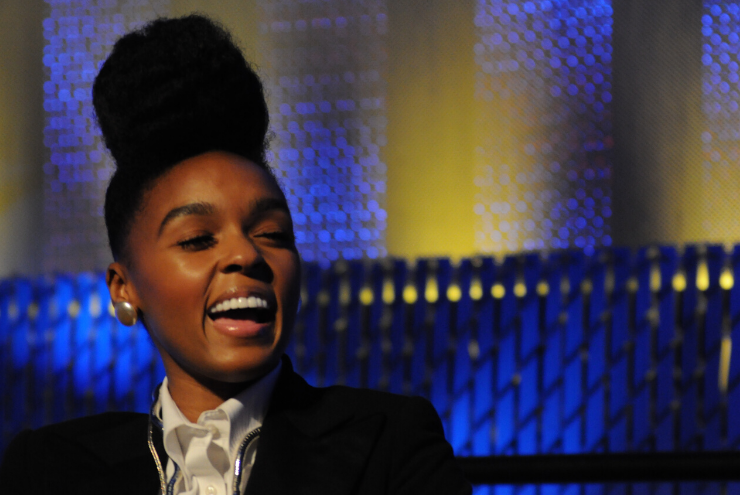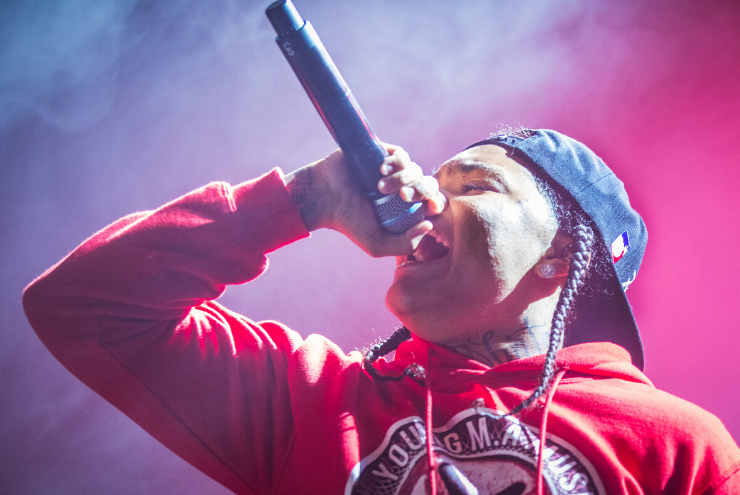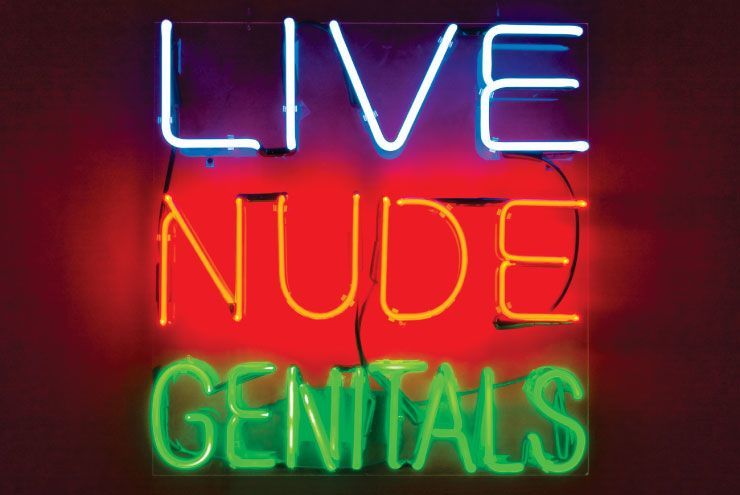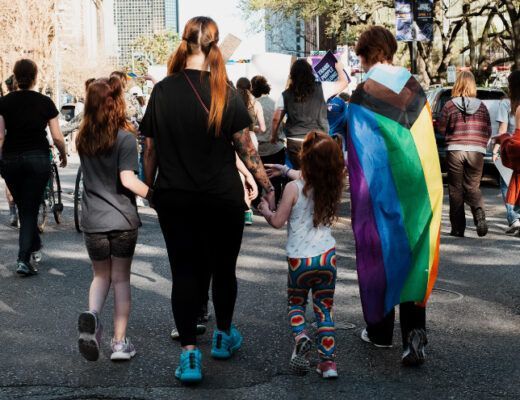By Jasmine Phillips
Your favorite song—it makes you sing along, nod your head to the rhythm, or even perform mini concerts in your shower (or is that just me?). The beat is hypnotic, the instrumentals give it flair, and the lyrics tie it all together. Some of my top faves have one thing in common—they’re all hip-hop songs. Hip-hop is the continued celebration of Black culture. It’s how we express ourselves—something that is ours, something that no one can take away from us.
Yet, while hip-hop artists have changed over time, the message behind the music has, for better or worse, stayed relatively consistent. It’s the same narrative told over and over to a new beat: a man raps about his abilities to get a woman (often in degrading ways), or a woman raps about getting herself a “good man.” Plain and simple, hip-hop remains predominantly heteronormative.
So where is the queer representation in hip-hop? In the Black community as a whole, there is still much stigma and shame surrounding LGBTQ identity. This lack of acceptance seeps in to the world of hip-hop, often causing queer artists to hide their real identity—some even cite standards outlined in their contracts requiring them to uphold a certain image.
Hip-hop is rooted in storytelling; it was started as a way to show our culture through song. Music is supposed to be an extension of freedom of speech, yet for LGBTQ hip-hop artists, it can often stifle authenticity and truth—those who do share their sexuality with their fan bases often face backlash, especially from those in the Black community. Rather than risking retaliation, artists regularly opt to write songs that do not represent their true identity but that are pleasing to mainstream audiences. This sends a harmful message: it’s okay to be queer, as long as you keep it hidden.
So why is this?
As an Uber driver, I’ve had numerous experiences where passengers will voice their unsolicited opinions. In most cases, I won’t interject. However, I picked up one particular woman who shared that her son identified as queer. When he came out to her, they had a lengthy discussion where she expressed her love for him. Her acceptance, however, came with conditions—she was alright with him being queer as long as he hid his identity from the rest of the family. As someone who has had to deal with similar situations in my own life, this didn’t surprise me. Especially here in the Bible Belt, many things are kept hush hush—sometimes out of safety, sometimes out of fear of damaging family reputations.

Photo by Joe Mabel.
Yet, a few hip-hop artists are stepping out of the norm and daring to share their LGBTQ identities with the world. Janelle Monae, Young M.A, and Lil Nas X have revealed themselves as queer leaders within hip-hop music, writing and performing songs that express their truths. Their fan bases may not be as large as other mainstream artists, but the followers they have are loyal and appreciative of their authenticity. Hip-hop won’t change for the better until more queer artists—and those in leadership roles within the music industry—live and produce openly. Hip-hop artists rapping about their true lived experiences? Now that’s what I call hip-hop!







